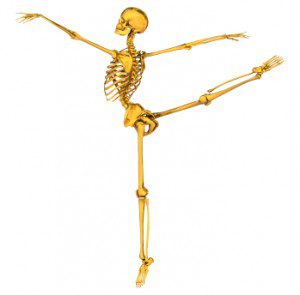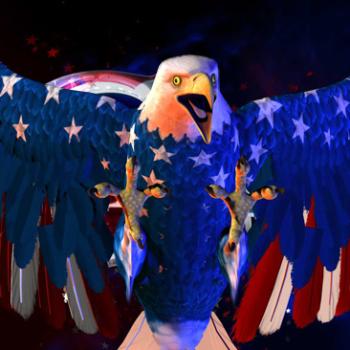It’s Easter Sunday. Do over. Mulligan. Olly olly oxen free. Love wins.
Here’s one of my favorite Easter Sunday texts, from the 19th chapter of Job:
My bones cling to my skin and to my flesh,
and I have escaped by the skin of my teeth.
Have pity on me, have pity on me, O you my friends,
for the hand of God has touched me!
Why do you, like God, pursue me,
never satisfied with my flesh?
O that my words were written down!
O that they were inscribed in a book!
O that with an iron pen and with lead
they were engraved on a rock forever!
For I know that my Redeemer lives,
and that at the last he will stand upon the earth;
and after my skin has been thus destroyed,
then in my flesh I shall see God,
whom I shall see on my side,
and my eyes shall behold, and not another.
In the evangelical Christianity I was raised in, “Old Testament” passages like this were regarded as prophecies foretelling the coming of Jesus Christ. That’s how the hymn writer Samuel Medley treats it in “I Know That My Redeemer Lives,” and how Handel treats it in The Messiah.
 But I don’t think Job was “prophesying” or predicting anything. He wasn’t foretelling the future, just claiming hope in the present — a wild and unlikely hope amid circumstances that were cruelly unfair and absurd.
But I don’t think Job was “prophesying” or predicting anything. He wasn’t foretelling the future, just claiming hope in the present — a wild and unlikely hope amid circumstances that were cruelly unfair and absurd.
Hope may seem like it’s about the far-off future, but it’s always about the present. Optimism is about the future, hope is about right now. Hope, as Vaclav Havel said, “is not the convictions that something will turn out well, but the certainty that something makes sense, regardless of how it turns out.”
So Easter Sunday wasn’t a fulfillment of Job’s predictive prophecy, but it may be a vindication of his wild, unlikely hope.
It’s not about something that happened in the past, and it’s not a claim about something that will happen in the far-off future. It’s about right now, about this present moment. Easter Sunday is the claim that even now, when it seems like we’re getting by just barely by the skin of our teeth, it all still makes sense.












